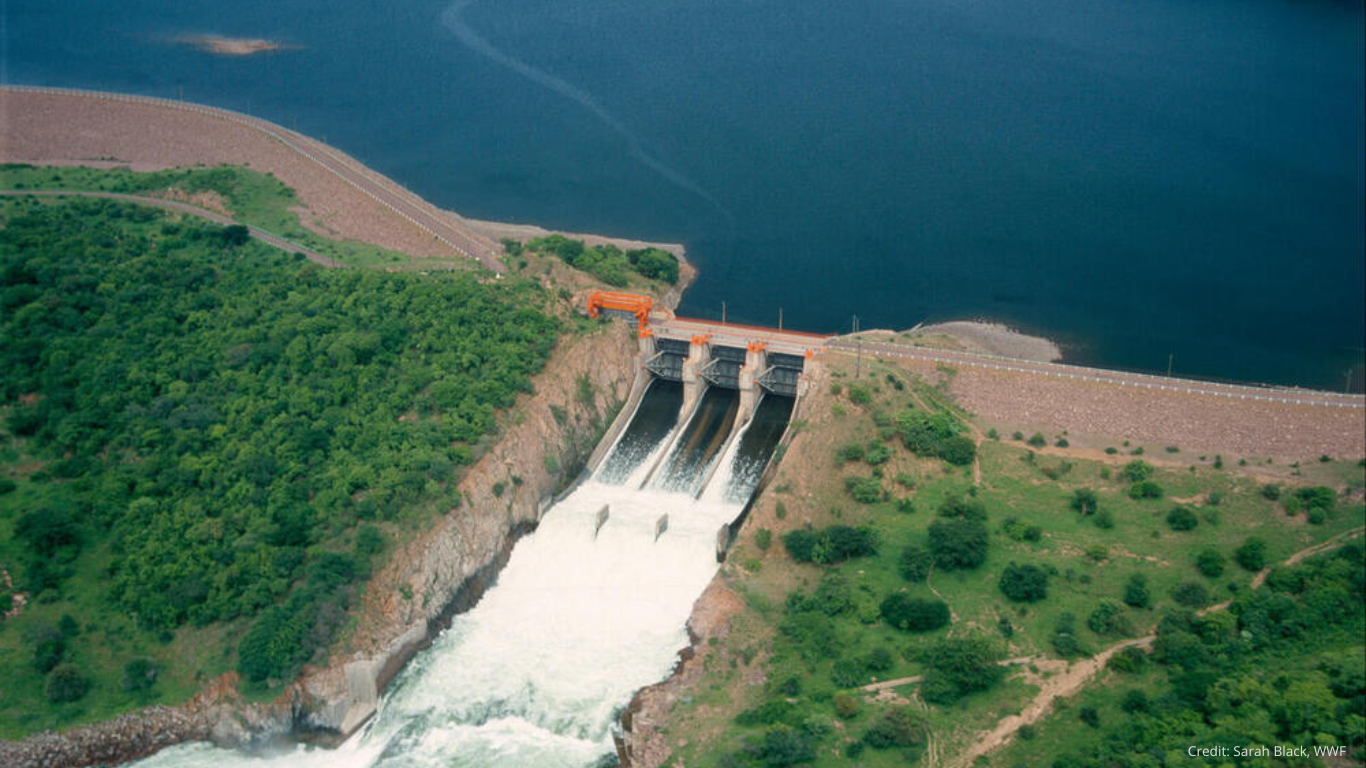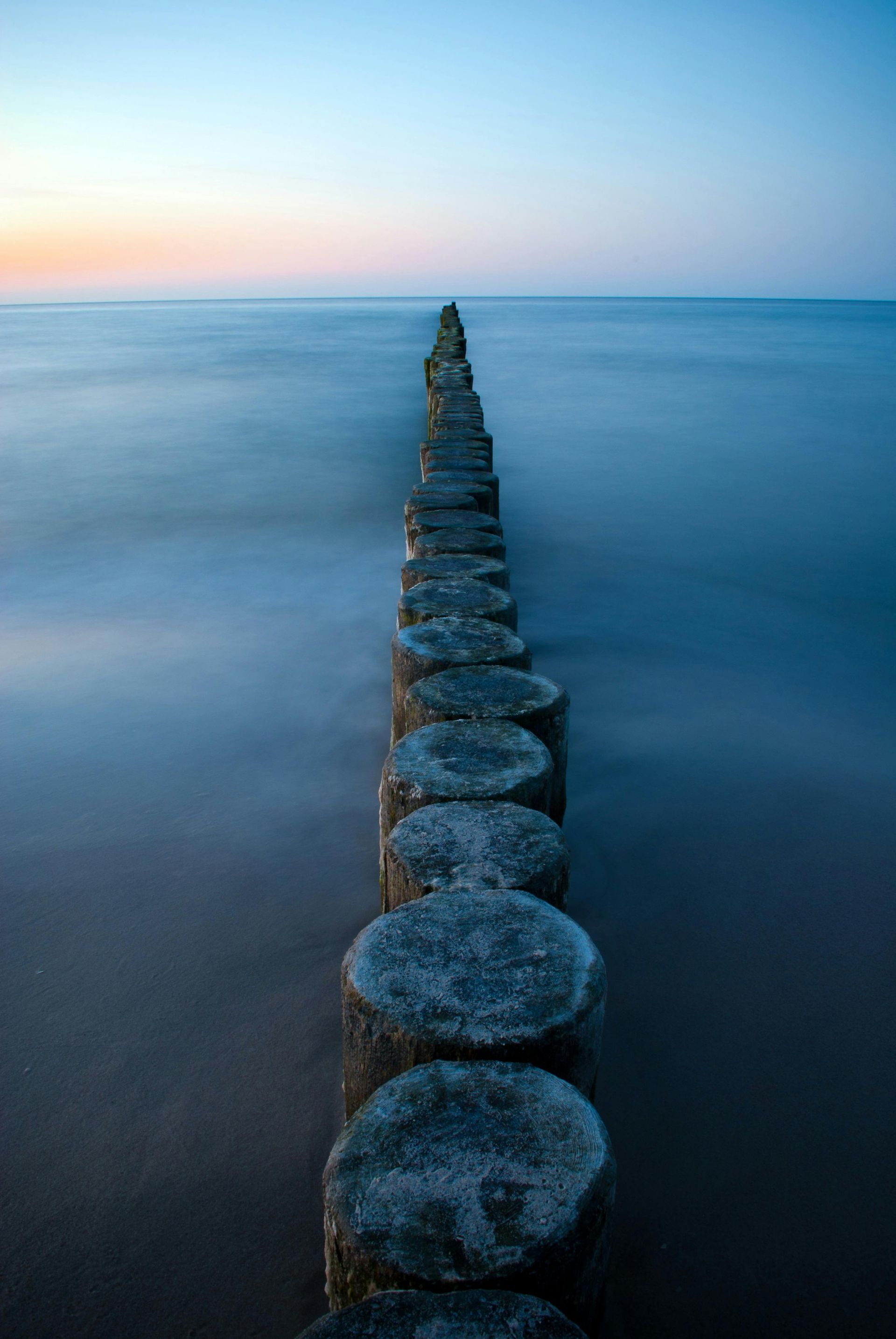By CCB
•
March 14, 2025
14 March 2025 – The newly released documentary video "Focus on the Coast" takes an in-depth look at the pressing environmental threats facing the Baltic Sea coastline. Produced by Ecodefense and Coalition Clean Baltic, with financial support from the EU LIFE Programme (*), the 1-hour film explores the devastating effects of intensified storms and rising sea levels , alongside inspiring and best conservation practices in Lithuania, Latvia and Poland . Global climate change has led to catastrophic storms and floods in the Baltic Sea region, destroying unique ecosystems and causing significant harm to communities and infrastructure. However, the Baltic region has a long history of coastal conservation, with valuable lessons learned and innovative solutions implemented. "Focus on the Coast" dives deep into this critical issue, highlighting both the threats and the measures being taken to safeguard these vulnerable coastal areas. “ With this documentary, we aim to showcase not only the challenges facing the Baltic coasts but also the efforts of those working tirelessly to protect them ,” said Alexandra Koroleva, Ecodefense Co-Chairwoman, author and producer of the documentary video. “ By featuring real stories and interviews with local activists and scientists, we hope to inspire action and demonstrate that effective coastal protection is possible ”. Through experts’ insights and on-the-ground footage, viewers gain insight into why these areas need protection, the specific strategies being implemented, and how they are making a difference. The documentary also underscores the gap between international recommendations —such as those from HELCOM (2014)— and the reality of policy implementation , emphasizing the need for stronger action from governments and policymakers. Non-governmental organizations (NGOs) play a crucial role in advocating for policy change, collaborating with scientists, independently exploring the coast and taking part in practical work on coastal conservation, participating in public hearings on environmental impact assessments (EIA), organizing educational programs, working with media, attracting and engaging local residents, and encouraging municipalities to act. "Focus on the Coast" serves as a vital educational tool to support these initiatives, providing high-quality visual materials that communicate the scale of the problem and the importance of sustainable coastal management. The documentary video it´s released on CCB´s YouTube channel and will be distributed through Coalition Clean Baltic´s network and partners to raise awareness and reach policymakers, scientists, and the general public. For more information, please contact: Alexandra Koroleva, Ecodefense Co-Chairwoman, author and producer of the documentary video, ecosasha@gmail.com (*) Views and opinions expressed are however those of the author(s) only and do not necessarily reflect those of the European Union or CINEA. Neither the European Union nor CINEA can be held responsible for them.


